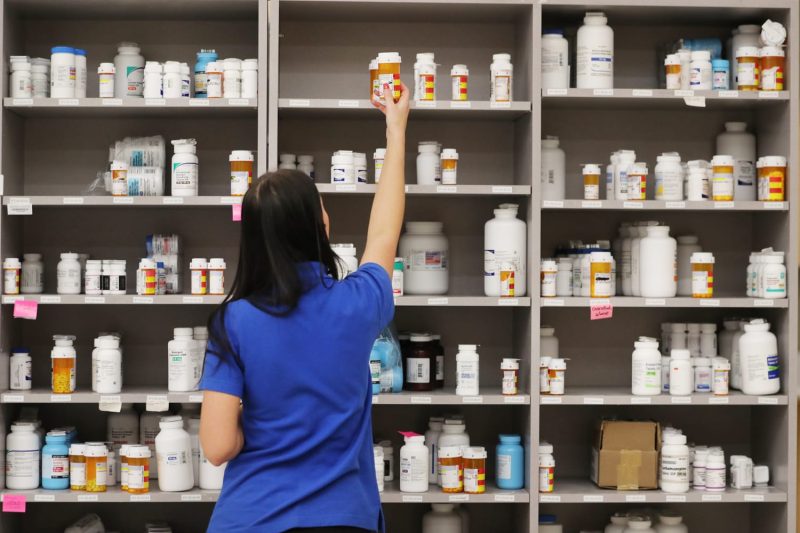The Biden administration’s move to lower costs for 64 drugs through inflation penalties on drugmakers signals a significant step forward in addressing the issue of high drug prices in the United States. This bold approach aims to hold pharmaceutical companies accountable while providing relief to consumers who struggle to afford essential medications. By leveraging inflation penalties, the government is actively working to create a more equitable healthcare system that prioritizes the well-being of its citizens.
One of the key benefits of this strategy is its focus on curbing price hikes that far exceed the rate of inflation. Pharmaceutical companies have long been criticized for implementing steep price increases on essential drugs, putting a strain on patients and the healthcare system as a whole. By holding these companies accountable and imposing penalties for such practices, the Biden administration is sending a clear message that profiteering at the expense of public health will not be tolerated.
Furthermore, the decision to target 64 specific drugs for cost reductions demonstrates a targeted and deliberate approach to addressing the issue of affordability in healthcare. By identifying drugs that are widely used and have seen significant price increases in recent years, the government is able to directly impact the lives of those who rely on these medications for their well-being. This tailored approach ensures that the benefits of the policy are felt where they are needed most, providing relief to individuals who have been disproportionately affected by rising drug costs.
In addition to the immediate impact on drug prices, the inflation penalties imposed on drugmakers also serve as a deterrent against future price gouging. By establishing clear consequences for excessive price increases, pharmaceutical companies are incentivized to adopt more responsible pricing practices that prioritize accessibility and affordability. This shift in incentives has the potential to create a more sustainable and equitable healthcare system in the long run, benefiting both patients and the broader healthcare industry.
It is important to note that while this initiative represents a positive step towards addressing high drug prices, it is just one piece of the larger puzzle in achieving true healthcare reform. Continued efforts to increase transparency, promote competition, and expand access to affordable medications will be crucial in building a healthcare system that works for all Americans. By combining various strategies and approaches, policymakers can lay the groundwork for a healthcare system that prioritizes the well-being of its citizens above all else.
In conclusion, the Biden administration’s decision to lower costs for 64 drugs through inflation penalties on drugmakers marks a significant milestone in the ongoing efforts to tackle high drug prices in the United States. By targeting specific medications, imposing penalties on price gouging, and promoting responsible pricing practices, the government is taking proactive steps to create a more equitable and accessible healthcare system for all. Moving forward, continued collaboration and innovation will be key in driving meaningful change and ensuring that affordable and essential medications are within reach for every American.
